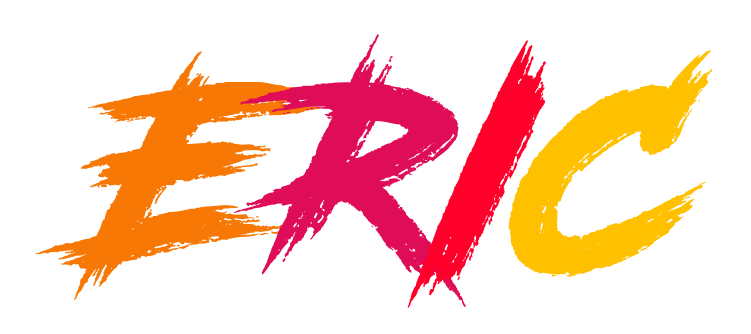What is the skills gap?
The Creative Industries and the Government keep talking about the 'skills gap'. But what does it ACTUALLY mean?
As the creative industries continue to rapidly advance, it is becoming increasingly difficult for professionals in design, advertising and media sectors to stay ahead of new trends and technologies.
The skills gap simply refers to the mismatch between the skills and knowledge that are required in the creative industries and the skills and knowledge that are possessed by the current workforce.
Some of the skills that may be in high demand in the creative industries and considered to be part of the skills gap include:
Design skills: This includes expertise in graphic design, user interface design, product design, and other areas of design.
Digital skills: These are skills related to the use of technology and software in the creation of digital content and products. Examples include web development, coding, data analytics, and video editing.
Communication skills: The ability to effectively communicate ideas and collaborate with others is critical in the creative industries. This includes written, verbal, and visual communication skills.
Entrepreneurial skills: Many creative professionals work as freelancers or run their own businesses. As such, they need skills such as business planning, marketing, and financial management.
Problem-solving skills: The creative process often involves finding creative solutions to complex problems. Developing strong problem-solving skills can help professionals in the creative industries excel in their work.
Leadership skills: Many creative professionals work in leadership roles or have the potential to take on leadership roles. Developing strong leadership skills can help them effectively manage teams and projects.
Adaptability: The creative industries are constantly evolving, and professionals need to be able to adapt to new technologies, trends, and challenges. Being flexible and open to learning new skills can help professionals in the creative industries stay competitive.
This gap creates a challenge, and the lack can be attributed mainly to inadequate training opportunities leading up-to today's world as well as traditional education systems not emphasising certain areas necessary for success within the industries. The creative industries require workers to have a multitude of diverse skills - from the technical, artistic and business aspects. Unfortunately, it can be hard for professionals within these sectors to stay current with all their abilities which has contributed significantly to an industry wide gap in talent.
To close this divide, there are several potential solutions that could help bridge the gap:
- Invest in training and professional development: Providing opportunities for employees to acquire new skills and stay up-to-date with industry trends can help close the skills gap.
- Partner with educational institutions: Collaborating with schools, colleges, and universities to create internship and apprenticeship programs can provide a pipeline of talent and help ensure that the industry has access to a skilled workforce.
- Promote diversity and inclusion: Building a more diverse and inclusive workforce can bring new perspectives and approaches to problem-solving, which can foster creativity and innovation.
- Encourage lifelong learning: Encouraging employees to continue learning and developing new skills throughout their careers can help the industry stay competitive and adapt to changing market conditions.
- Use technology to improve access: We can use technology, such as online learning platforms and virtual training programs to make it easier for individuals to access educational resources and improve their skills.
- Create mentorship programs: Pairing experienced professionals with those who are new to the industry can provide valuable learning opportunities and help build a strong foundation of knowledge and skills.
There are organisations, programmes and structures currently in place up and down the country, however, the industries are hoping to have more security in their current and future workforces.
If you want to read more about the skills gap, here are some interesting articles to check out👇
Profound skills shortages in creative industries, says BBC boss
Creative industries ‘will need 1.2 million new workers by 2022′
DCMS Committee calls for urgent financial support and new regional funding focus to level up country through culture
If you want to hear more about creative industries terminology and what is happening across the sectors, we've got lots of great blog content coming this year! Stay up to date by checking this blog every week📲

